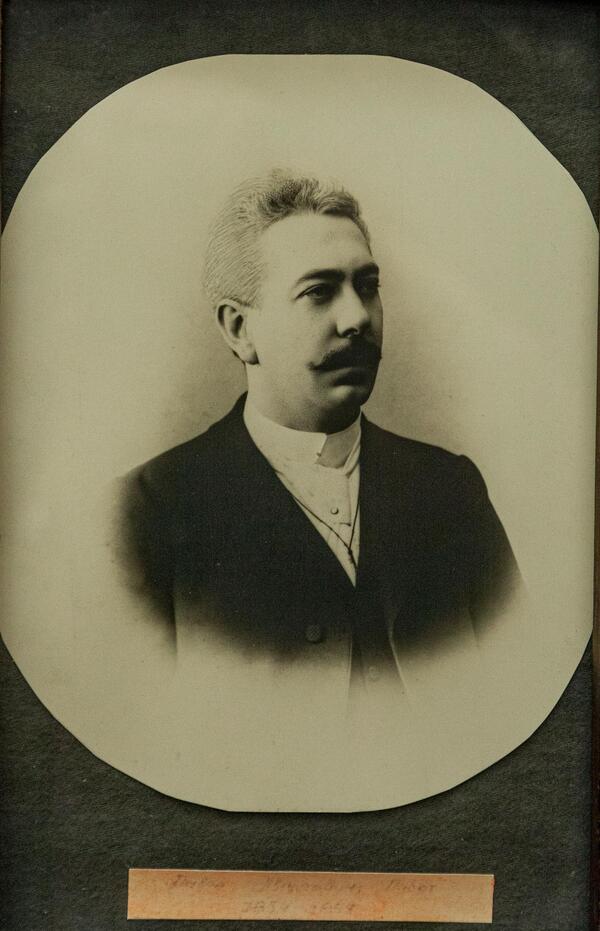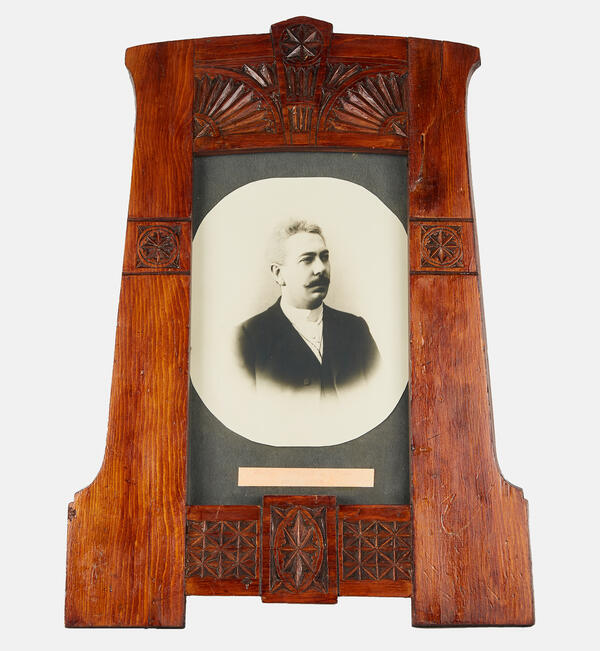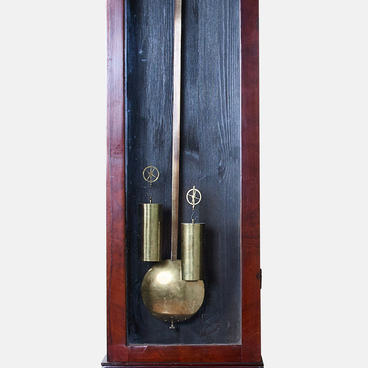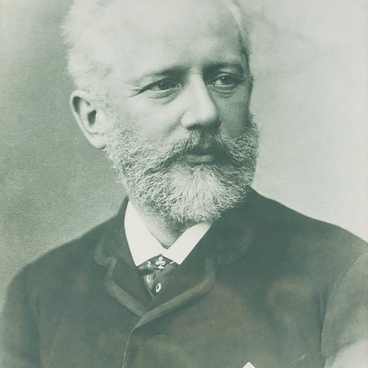The outstanding pianist, teacher, composer, editor of musical works Pavel Pabst was born on May 27, 1854, in Königsberg and came from a musical family. Pabst started piano lessons at the age of five with his father. Quite early — at the age of nine — Pabst performed publicly in Königsberg, and at the age of fifteen he went on tour with the famous violinist Olle Bull. At the age of 21, Pabst began teaching. At first, he gave piano lessons in Riga music schools that had been established by his father and brother. Later, he was invited by Nikolay Rubinstein and was invited to become a professor at the Moscow Conservatory. After Alexander Ziloti left the conservatory, some of his students were transferred to Pabst. One of them was Alexander Goldenweiser.
To help students master the complex program, Pabst often invited them to his dacha during summer holidays. Young musicians could stay at his house for a few days: Pabst listened to the pieces they had learned and did a little bit of teaching. After the lessons, it was time for fun: the students rode a boat, walked, and had a good time. Pavel’s wife, Alexandra Petrovna, was also a musician and helped her husband’s students with those works that required additional effort. She made the student practice the difficult passage many times — the number of repetitions could reach fifty. Should that method fail, she would start all over again. Despite her strange teaching method, Alexandra helped students learn difficult passages.
Many young musicians noted their teacher’s excellent memory and rich repertoire. While accompanying the students, Pabst played all the pieces without scores, by heart. He was always ready to perform, whether he had practiced beforehand or not. His skill made a strong impression on many Russian pianists: Alexander Rubinstein, Nikolay Kashkin, Sergey Rachmaninoff, Alexander Scriabin, Anton Arensky, and Pyotr Tchaikovsky. Composers trusted Pabst not only to perform their pieces for the first time, but also to compile and edit collections of their compositions. Alexander Goldenweiser highly appreciated the experience and knowledge that he received from Professor Pabst.




